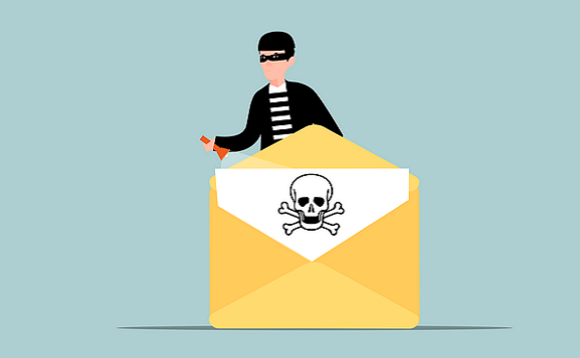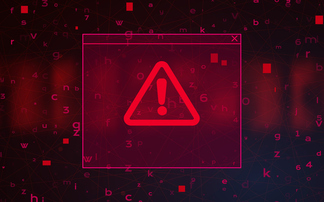The UK IT Industry Awards honor those shaping the future of IT, our industry, and digital society.
The Cybersecurity Festival returns on 2 May 2024!
This free exclusive event for senior IT professionals returns to London on 18 September.
Celebrating pioneering women in technology, inspiring younger generations to join our industry.


 23 April 2024
•
2 min read
23 April 2024
•
2 min read




























